Find Help
More Items From Ergsy search
-
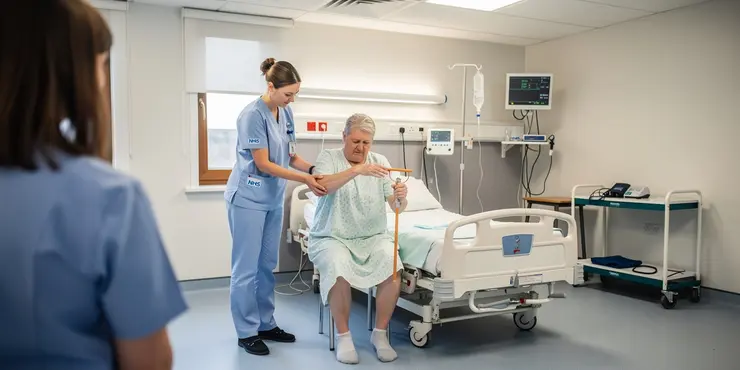
Vale Stroke Unit
Relevance: 100%
-
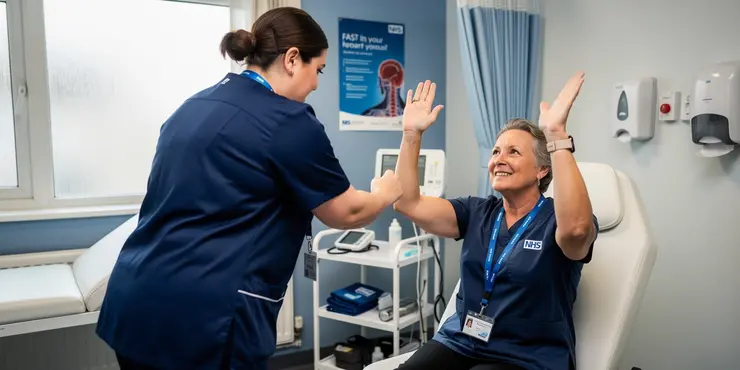
NHS Here for You – Stroke
Relevance: 54%
-
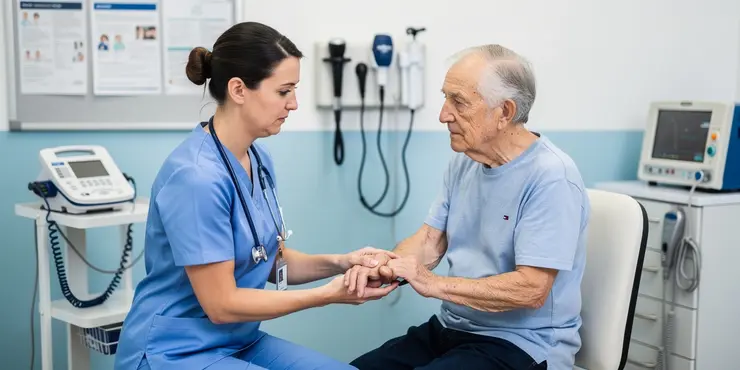
Assessing the stroke patient
Relevance: 53%
-
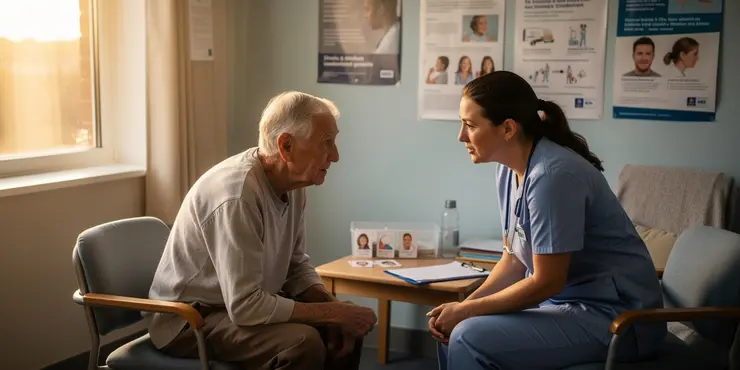
Stroke - Speech and Language Therapist's Experience
Relevance: 52%
-
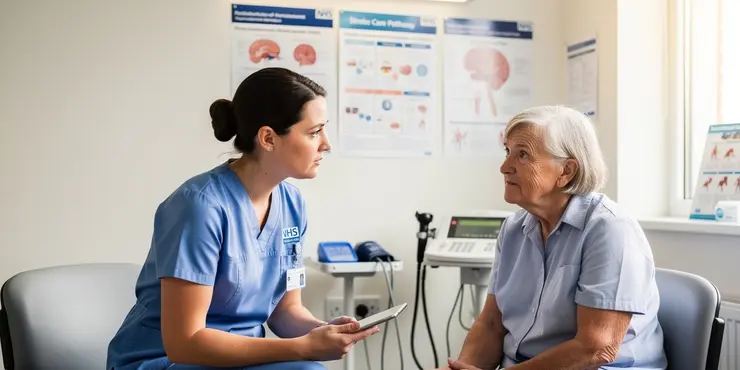
Gaining consent from stroke patients
Relevance: 50%
-
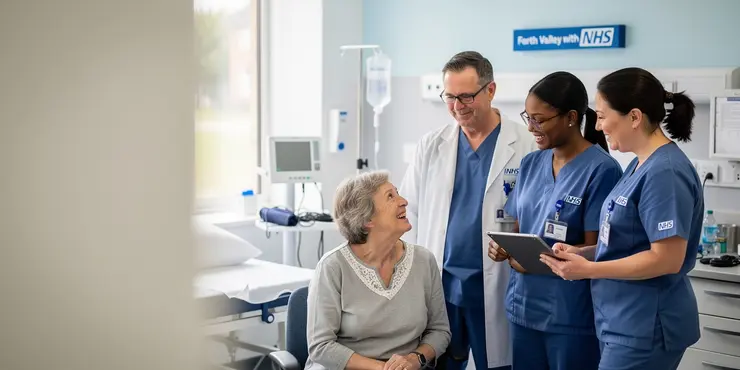
NHS Forth Valley’s Stroke Team
Relevance: 49%
-
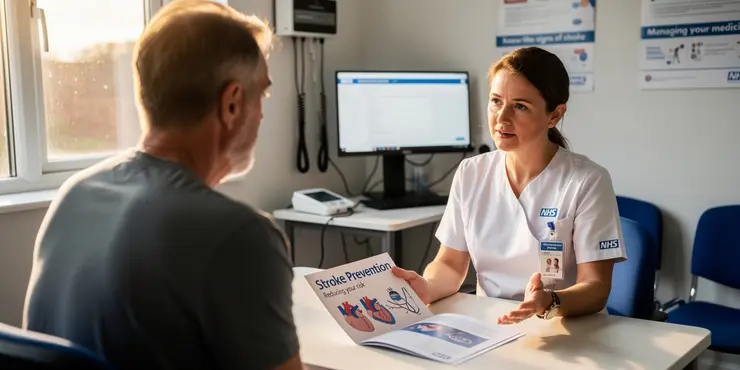
Are anticoagulants effective in reducing stroke risk?
Relevance: 49%
-
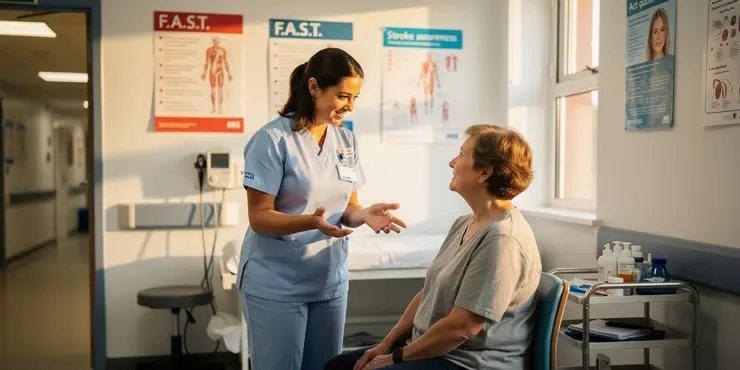
When Stroke Strikes Act F.A.S.T. | NHS
Relevance: 48%
-
Are there any recent advancements in medications for stroke prevention?
Relevance: 47%
-
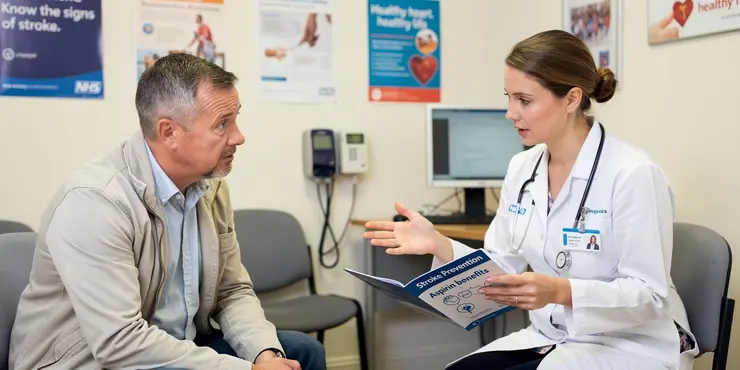
Can aspirin help in reducing the risk of strokes?
Relevance: 47%
-
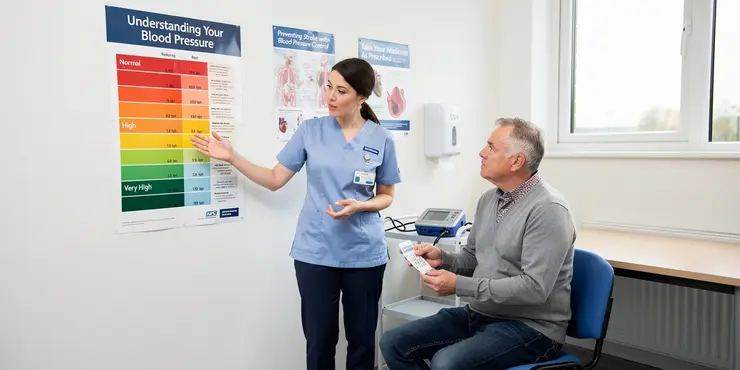
Can antihypertensive medications reduce stroke risk?
Relevance: 46%
-
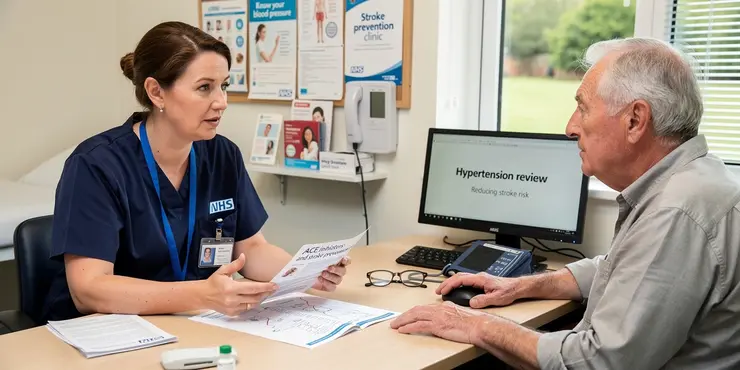
What role do ACE inhibitors play in stroke prevention?
Relevance: 45%
-
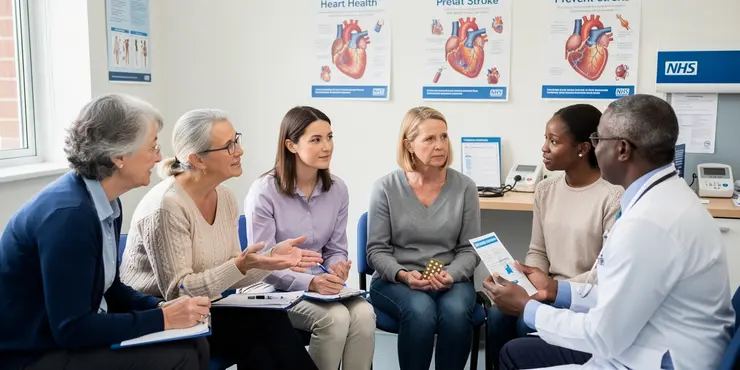
What drugs can reduce the risk of heart-attack and strokes?
Relevance: 44%
-
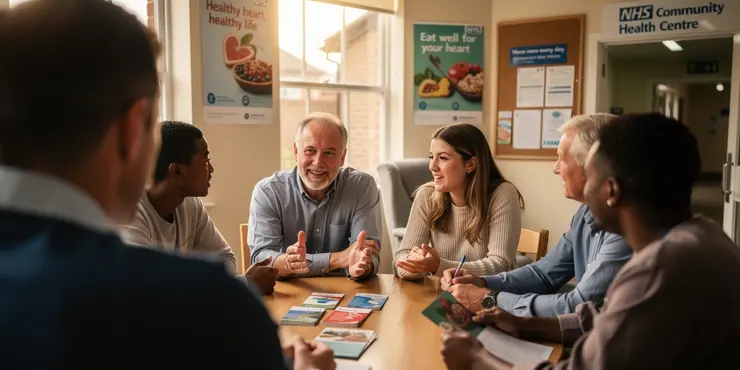
What is the role of lifestyle modification in heart attack and stroke prevention?
Relevance: 43%
-
Do over-the-counter medications help in preventing heart attacks and strokes?
Relevance: 42%
-
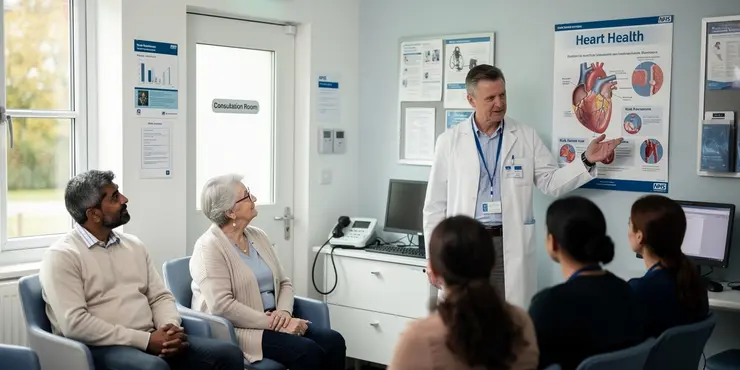
Do all patients need medication to prevent heart attacks and strokes?
Relevance: 42%
-
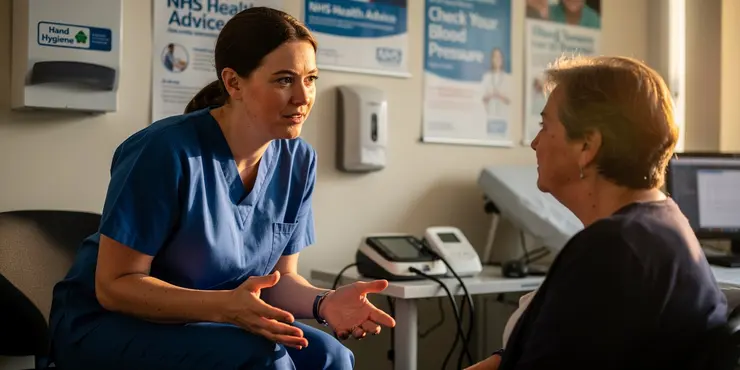
Are there mosquitoes in the United Kingdom?
Relevance: 41%
-
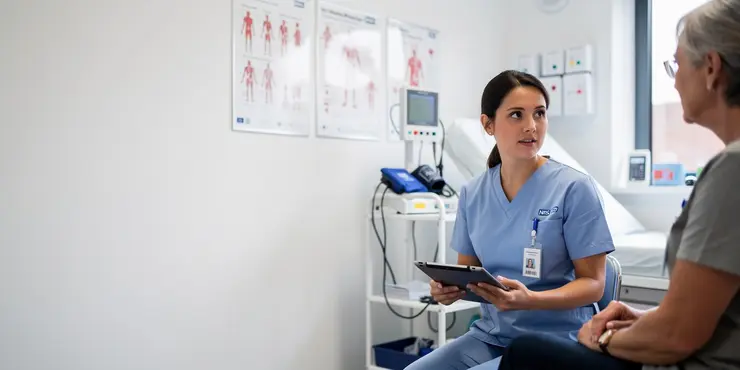
Are there Mosquitos in the United Kingdom?
Relevance: 41%
-
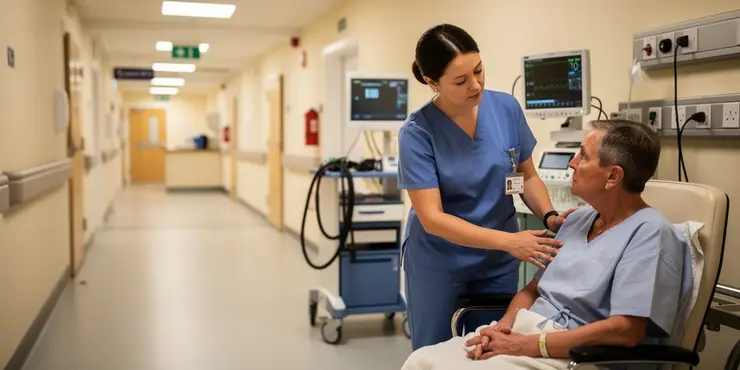
Endoscopy Unit
Relevance: 38%
-
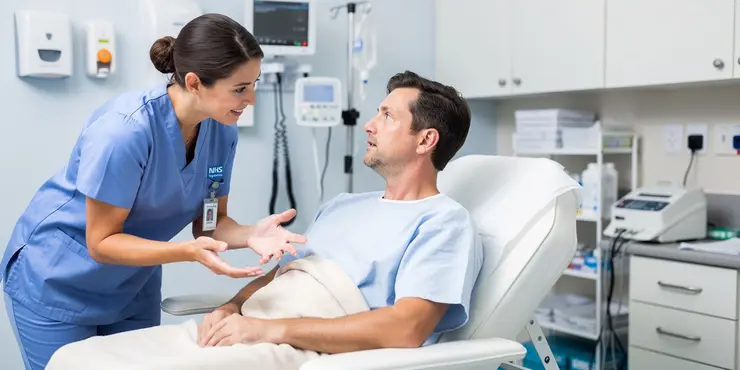
Your Visit to the Endoscopy Unit at NHS Tayside
Relevance: 38%
-
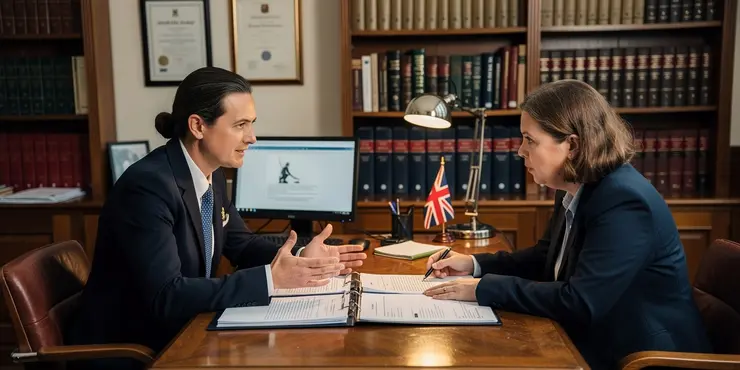
Is ketamine considered a controlled substance in the United States?
Relevance: 38%
-
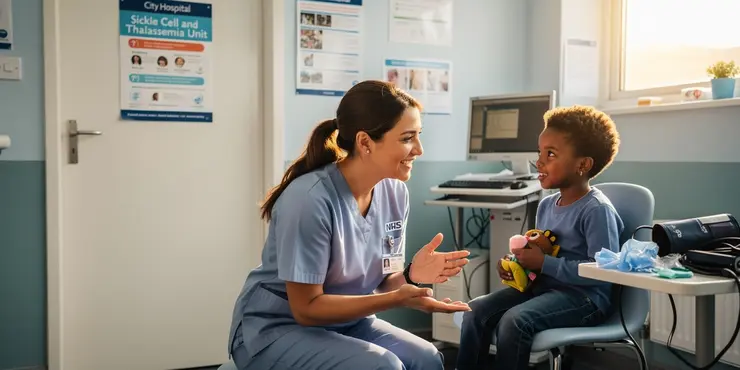
Tour of the Sickle Cell and Thalassaemia Unit at City Hospital | SCaT
Relevance: 37%
-
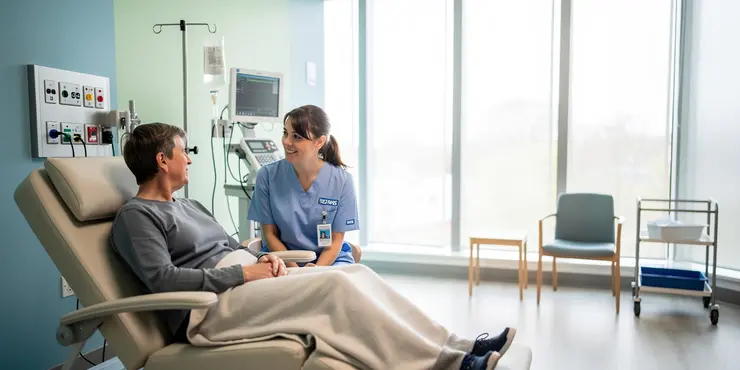
Having chemotherapy and other treatments in the Day Treatment Unit
Relevance: 37%
-
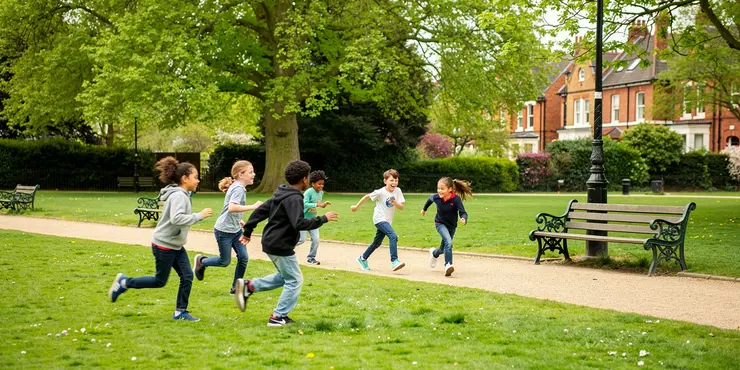
Is childhood obesity a concern in the United Kingdom?
Relevance: 36%
-
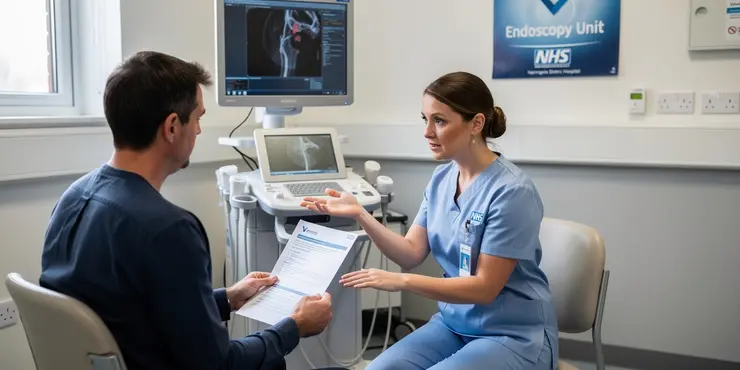
Coming to the Endoscopy Unit at Harrogate District Hospital
Relevance: 33%
-
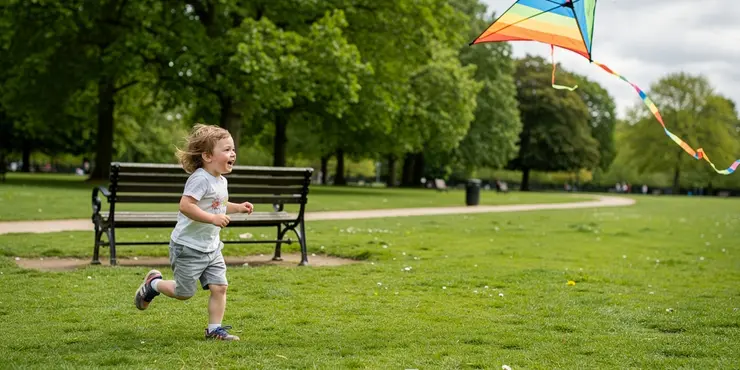
Is childhood obesity a concern in the United Kingdom?
Relevance: 30%
-
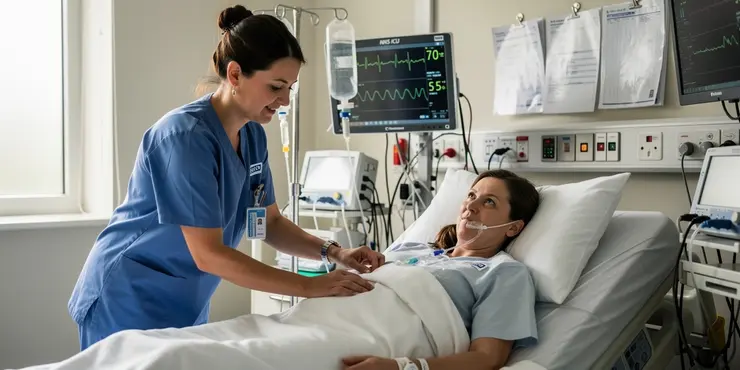
Your stay on the Intensive Care Unit at North Bristol NHS Trust
Relevance: 28%
-
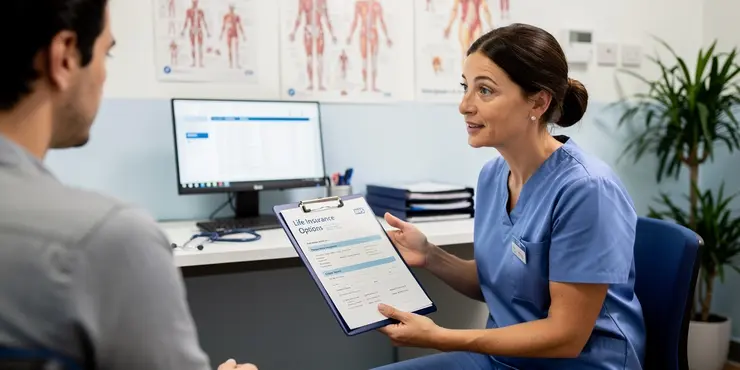
Life Insurance Difference between Unit Linked and With Profit Policies
Relevance: 26%
-
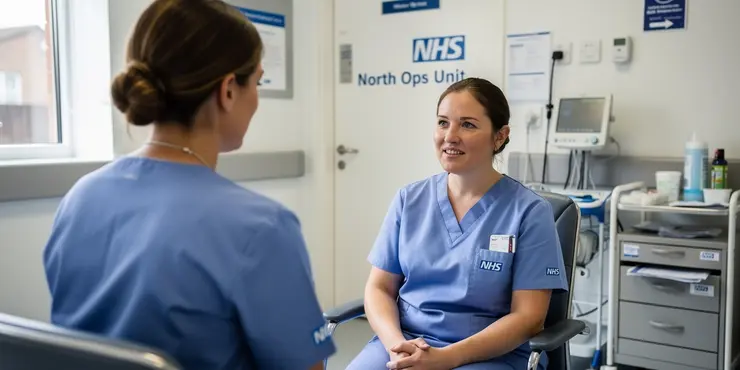
Surgery under local anaesthetic in the Minor Ops Unit at North Bristol NHS Trust
Relevance: 26%
-
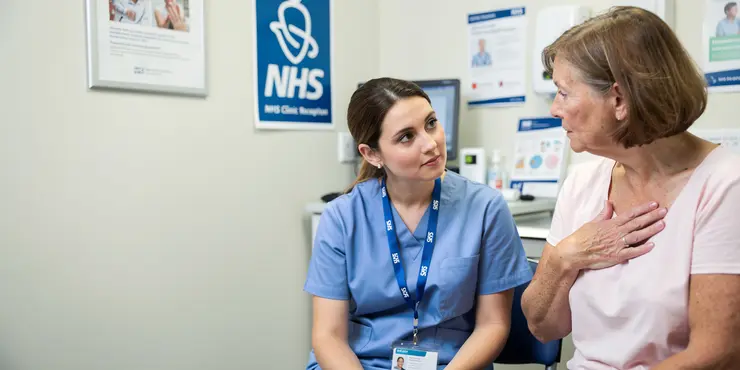
Treating breast pain | United Lincolnshire Hospitals NHS Trust
Relevance: 25%
-
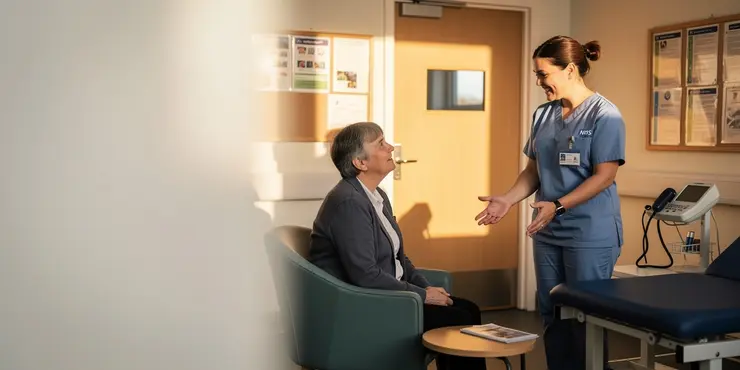
Introduction to Sickle cell disease
Relevance: 19%
-
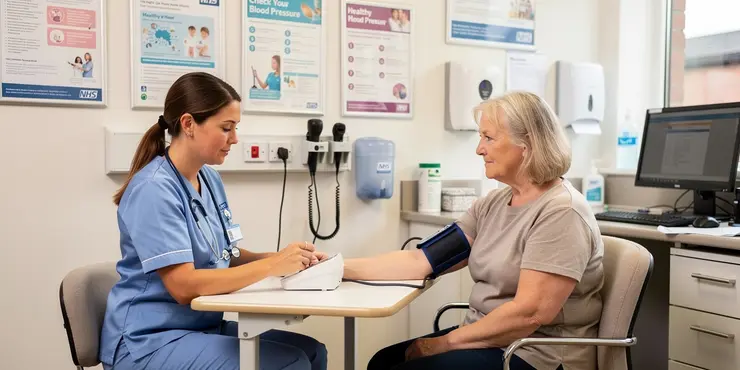
What are the risks of having high blood pressure?
Relevance: 19%
-
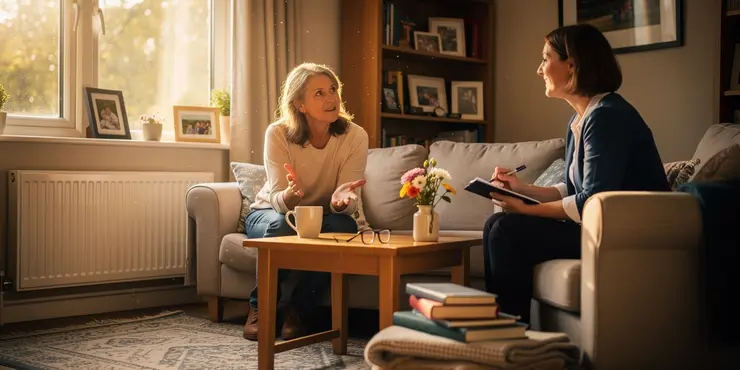
Joan's story - Aphasia Awareness
Relevance: 18%
-
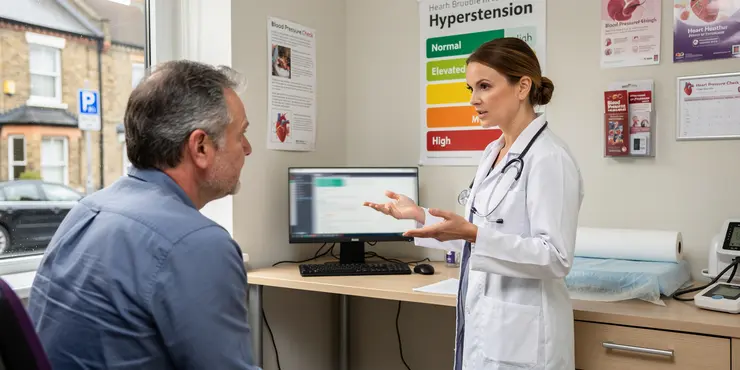
Can high blood pressure lead to other health problems?
Relevance: 17%
-
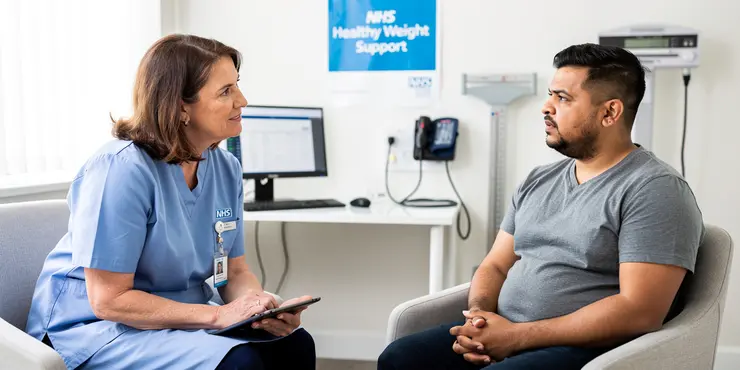
Obesity
Relevance: 16%
-
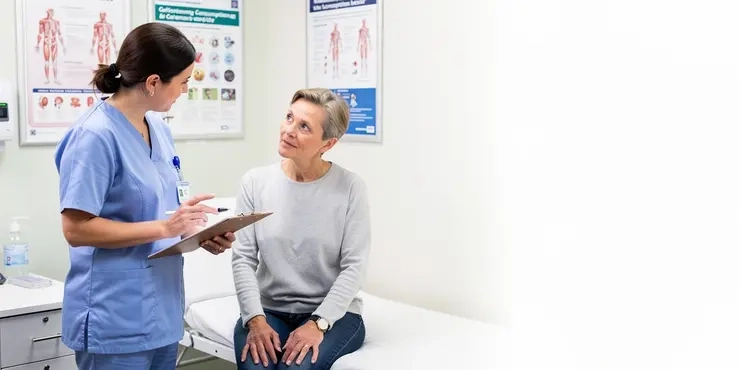
What is safe alcohol consumption in Adults?
Relevance: 16%
-
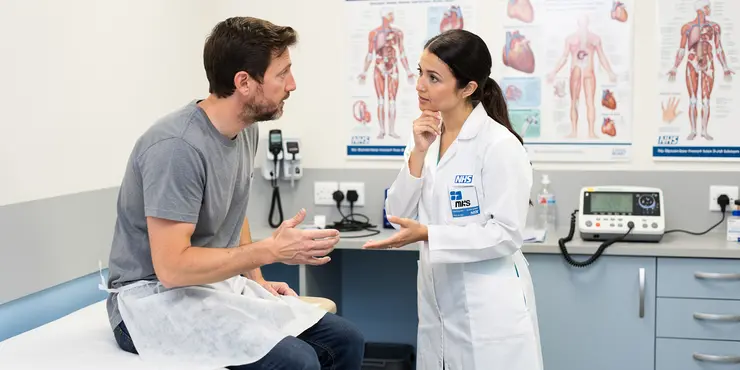
Is my abnormal heart rhythm dangerous?
Relevance: 15%
-
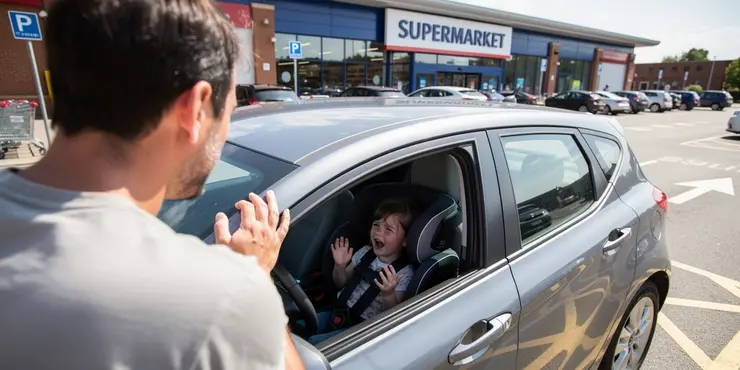
Can staying in a car during a heatwave be dangerous?
Relevance: 15%
-
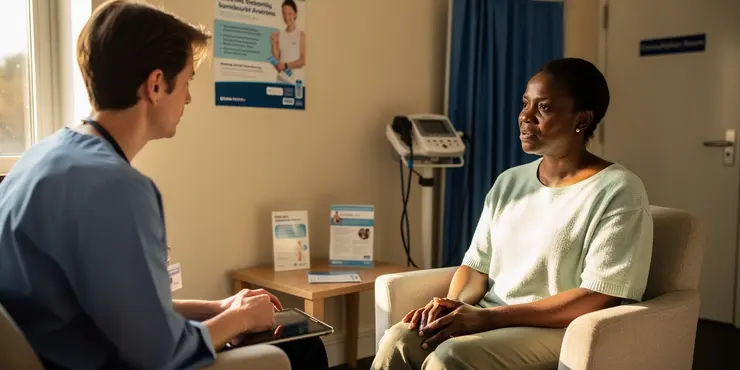
What are the complications of sickle cell disease?
Relevance: 15%
-
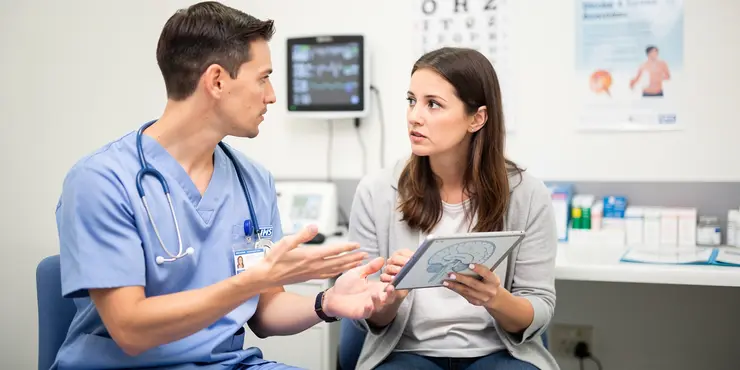
What is a Subarachnoid Hemorrhage?
Relevance: 15%
Vale Stroke Unit
Introduction to Vale Stroke Unit
The Vale Stroke Unit is a specialist facility in the United Kingdom dedicated to the treatment and rehabilitation of stroke patients. Located within the Vale Hospital, this unit is equipped with cutting-edge medical technology and a highly skilled team to provide comprehensive care for individuals who have experienced a stroke.
Services Offered
The Vale Stroke Unit offers a wide range of services aimed at improving patient outcomes and enhancing recovery. These services include acute stroke treatment, 24-hour monitoring, physiotherapy, occupational therapy, speech and language therapy, and psychological support. The unit also provides tailored rehabilitation plans to suit individual patient needs, ensuring a holistic approach to recovery.
Expert Team
The unit boasts a multidisciplinary team of healthcare professionals, including neurologists, stroke consultants, nurses, physiotherapists, occupational therapists, and speech and language therapists. This team works collaboratively to offer personalized care plans and support services, promoting better recovery rates and enhancing the quality of life for stroke survivors.
State-of-the-art Facilities
Vale Stroke Unit is equipped with state-of-the-art facilities to support the diagnosis, treatment, and rehabilitation of stroke patients. These include advanced imaging technology for accurate diagnosis, modern therapy rooms for rehabilitation sessions, and comfortable patient wards designed to aid recovery. The unit’s environment is carefully designed to encourage mobility and independence, providing both patients and their families with a supportive and caring atmosphere.
Community and Support
Understanding the impact of stroke extends beyond physical health, the Vale Stroke Unit also provides extensive community support and resources. This includes educational programs for patients and families, support groups, follow-up care, and access to community services. These programs help patients and their families navigate the challenges of stroke recovery and reintegration into daily life.
Conclusion
The Vale Stroke Unit stands as a beacon of hope and recovery for stroke patients in the UK. Through its dedicated services, expert team, and advanced facilities, it delivers outstanding care and support, ensuring that each patient receives the best possible chance of recovery.
Vale Stroke Unit
Introduction to Vale Stroke Unit
The Vale Stroke Unit helps people who have had a stroke. It is in the Vale Hospital in the UK. The unit has modern medical machines and a smart team of doctors and nurses to help people get better.
Services Offered
The Vale Stroke Unit helps in many ways to make people feel better after a stroke. They have doctors available all day and night to help. They offer exercises, help with speaking, and support for feelings. They make special recovery plans for each person to help them get better in the best way possible.
Expert Team
The unit has many different healthcare workers. These include doctors who know a lot about strokes, nurses, and therapists who help with movement, daily activities, and talking. The team works together to make a special care plan for everyone to help them recover better and live a good life.
State-of-the-art Facilities
The Vale Stroke Unit has modern rooms and machines to help find out what's wrong and to treat stroke patients. There are special rooms for exercises and comfortable places for patients to stay. The unit is designed to help people move and become independent, creating a caring place for patients and their families.
Community and Support
The Vale Stroke Unit knows that having a stroke affects more than just the body. They offer help in the community too. There are learning programs for families, support groups, and help with finding community services. This helps patients and families deal with life after a stroke.
Conclusion
The Vale Stroke Unit is a place where stroke patients in the UK can find hope and recovery. With its great services, skilled team, and modern facilities, the unit helps each patient have the best chance to get better.
Frequently Asked Questions
What services does the Vale Stroke Unit provide?
The Vale Stroke Unit provides comprehensive stroke care, including acute treatment, rehabilitation, and outpatient support services.
How can I refer a patient to the Vale Stroke Unit?
Referrals can be made by healthcare professionals directly through the NHS referral system or by contacting the unit directly via phone or email.
What is the typical length of stay at the Vale Stroke Unit?
The length of stay varies depending on the severity of the stroke and the individual recovery process but typically ranges from a few days to several weeks.
What rehabilitation services are available at the Vale Stroke Unit?
The unit offers a range of rehabilitation services including physiotherapy, occupational therapy, speech and language therapy, and psychological support.
Can family members visit patients at the Vale Stroke Unit?
Yes, family members are welcome to visit, following the unit's visiting hours and guidelines to ensure patient recovery is not disrupted.
Are there any support groups for stroke survivors and their families?
Yes, the Vale Stroke Unit has information on various support groups and can provide contacts and meeting schedules for local stroke support groups.
What should I bring with me when admitted to the Vale Stroke Unit?
Patients should bring personal toiletries, comfortable clothing, and any current medications they are taking. The unit will provide further guidance upon admission.
How is progress monitored and reported at the Vale Stroke Unit?
Progress is monitored by a multidisciplinary team and regular assessments are carried out. Updates are provided to patients and their families throughout the recovery process.
What steps can I take to reduce the risk of having another stroke after discharge?
Post-discharge, maintaining a healthy lifestyle, including a balanced diet, regular exercise, managing blood pressure and other health conditions, and avoiding smoking and excessive alcohol, can help reduce future risk.
Is there parking available at the Vale Stroke Unit for visitors?
Yes, there is parking available at the hospital, but spaces may be limited. It is advisable to check for specific parking arrangements or public transport options.
Do you provide language support for non-English speaking patients?
Yes, language support services including translation and interpretation are available to assist non-English speaking patients during their stay.
Will I have follow-up appointments after being discharged from the Vale Stroke Unit?
Yes, follow-up appointments are scheduled to monitor ongoing recovery and address any issues that may arise after discharge.
What kind of training do the staff at the Vale Stroke Unit undergo?
Staff at the unit are highly trained in stroke care, undergoing continuous professional development and specialized training in the latest stroke treatment and rehabilitation techniques.
Can I arrange a tour of the Vale Stroke Unit before an admission?
Yes, tours can be arranged by contacting the unit directly. These tours can help patients and families understand the care environment and services available.
What should I do if I have concerns about the care provided at the Vale Stroke Unit?
If you have any concerns, you are encouraged to speak directly with the care team or contact the unit's patient liaison officer for assistance.
What help does the Vale Stroke Unit give?
The Vale Stroke Unit helps people who have had a stroke. A stroke is when blood cannot reach the brain properly.
Here is what the Vale Stroke Unit does:
- Doctors and nurses help you get better.
- They help you move, talk, and take care of yourself.
- They check your health and make plans for your care.
- They support your family and answer questions.
If you find it hard to read, you can:
- Ask someone to read with you.
- Use pictures or videos to understand better.
- Read aloud to yourself or with a friend.
The Vale Stroke Unit helps people who have had a stroke. They give many types of care. This care includes helping right away, helping people get better, and support after they leave the hospital.
How can I send a patient to the Vale Stroke Unit?
If you need to send someone to the Vale Stroke Unit, you can follow these steps:
- Talk to the doctor or nurse taking care of the patient.
- They will help you fill out any forms that are needed.
- The forms will have the patient's information and why they need to go to the Vale Stroke Unit.
- The doctor or nurse will also contact the Vale Stroke Unit to let them know about the patient.
If you need help, ask a doctor, nurse, or healthcare staff. They can guide you on what to do.
A doctor or nurse can send your information to the right place using the NHS system. They can also call or email the unit to get help for you.
How long do people stay at the Vale Stroke Unit?
People often stay at the Vale Stroke Unit for a number of days. If this is hard to read, try using a ruler or your finger to follow the words. You can also read with someone who can help explain.
How long someone stays in the hospital after a stroke depends on how bad the stroke is and how the person is healing. This can be from a few days to several weeks.
If you or a loved one is recovering from a stroke, using pictures, short sentences, and simple words can help understand what's happening. Having a friend or family member to talk to can also make things easier. Listening to information instead of reading can be helpful too.
What Help Can You Get After a Stroke at the Vale Stroke Unit?
If you had a stroke, the Vale Stroke Unit can help you get better. They have special services to help people like you. Here are some things they offer:
- Physical Therapy: This helps you move your body better.
- Speech Therapy: This helps you talk and understand words.
- Occupational Therapy: This helps you do daily tasks like getting dressed or eating.
- Counseling: You can talk to someone if you feel sad or worried.
The Vale Stroke Unit is there to help you feel better and get stronger. They have people who care and want to help you.
You can also ask someone you trust, like a family member or a friend, to help you understand and use these services.
The center helps people get better with different types of care. They have:
- Physiotherapy: Exercises to make the body strong and healthy.
- Occupational Therapy: Help with doing daily activities like dressing and cooking.
- Speech and Language Therapy: Practice to talk and understand better.
- Psychological Support: Someone to talk to about feelings and emotions.
Remember, it's okay to ask for help. Tools like pictures or videos can also be useful to understand better.
Can family visit people at the Vale Stroke Unit?
Your family can come visit you. They need to come during visiting hours and follow the rules. This helps you get better.
Is there help for people who had a stroke and their families?
Here are some ways to find help:
- Look online for stroke support groups.
- Ask your doctor for advice.
- Visit a local community center for information.
Talking to other people can help. They can share their stories and listen to yours. You are not alone.
Yes, the Vale Stroke Unit has information on groups that can help. They can give you names of groups and times when they meet.
What should I bring when going to the Vale Stroke Unit?
Here is a simple list of things you might need:
- Some clothes, like pajamas and slippers.
- A toothbrush, toothpaste, and hairbrush.
- Your glasses or hearing aids if you use them.
- Any medicine you are taking.
- Your phone and charger if you have one.
Remember to ask a family member or friend for help if you need it. You can also talk to the nurses or doctors at the unit. They are there to help you.
When coming to the hospital, bring your own soap, toothbrush, and other things you use to stay clean. Wear comfy clothes. Also, bring any medicine you are taking now. The hospital will tell you more when you get there.
How do we check and tell about progress at the Vale Stroke Unit?
At the Vale Stroke Unit, we watch how you are getting better.
- We have talks with you and your family.
- We write down the things you can do now.
- We use pictures and charts to show progress.
We tell you and your family what we see:
- We meet with you often to talk about how you're doing.
- We use simple words and pictures to help you understand.
Here are some helpful things you can try:
- Keep a notebook to write or draw how you feel.
- Use a calendar to mark your progress each day.
If you have questions, ask a nurse or doctor for help!
A team of different experts checks how things are going. They see how progress is made with regular check-ups. Patients and their families get updates on how recovery is going.
Here are some tools that can help with understanding:
- Pictures or drawings can help explain the process.
- Ask someone to read it with you.
- Try using simple words to talk about what you read.
What can I do to stay healthy after leaving the hospital?
Here are some simple steps to help you:
- Take your medicine every day. It helps keep you well.
- Eat healthy foods like fruits and vegetables.
- Try to be active. Walking is good exercise.
- Talk to your doctor. They can give you advice.
- Ask for help if you feel worried or sad.
After you leave the hospital, it's important to stay healthy. Here are some tips:
- Eat good food.
- Exercise often.
- Keep your blood pressure down.
- Take care of your health problems.
- Don't smoke.
- Drink a little alcohol or none at all.
These things can help you stay healthy in the future.
If reading is hard, try using helpful tools like picture books or audiobooks. You can also ask a friend or teacher to help.
Can visitors park their cars at the Vale Stroke Unit?
Yes, there is parking for visitors at the Vale Stroke Unit. Follow signs to find where to park.
If you need help finding a parking spot, ask a staff member for directions.
Yes, you can park at the hospital, but there might not be many spaces. It’s a good idea to find out about parking or think about taking a bus or train.
Can you help people who don’t speak English?
We can help people who don’t speak English. We have people who speak other languages to help you understand. Please ask us if you need help.
Here are some ways we can help:
- We can provide an interpreter.
- We can use a phone interpreter service.
- We can give you simple information sheets in other languages.
If you need help, tell us. We are here to support you.
Yes, we have people to help if you don't speak English. They can translate and interpret for you while you are here.
Will I see the doctor again after leaving the Vale Stroke Unit?
Yes, you will have follow-up appointments. These are meetings with your doctor to make sure you are getting better.
Helpful Tips:
- Write down any questions you have for your doctor.
- Bring a friend or family member with you for support.
- Use a calendar to remember your appointment dates.
Yes, follow-up check-ups are planned to see how you are getting better and to fix any problems you might have after you go home.
You can use a calendar to help remember your appointments. You can also ask someone you trust to remind you.
What training do the workers at the Vale Stroke Unit get?
The workers at the Vale Stroke Unit learn how to help people who had a stroke. They get special lessons and practice. This helps them know what to do.
One tool that can help understand is:
- Videos: Watching videos can show what the workers do.
Ask questions if you need more help.
The staff at the unit are very good at looking after people who have had a stroke. They keep learning more and get special training to use the newest ways to help stroke patients get better.
Can I visit the Vale Stroke Unit before staying there?
Would you like to see the Vale Stroke Unit before you have to stay there? You can ask to visit it first. Seeing the place can help you feel more comfortable. You can also talk to someone there and ask questions.
If you need help to arrange a visit, ask someone you trust. You could use a phone or email to talk to the hospital staff. They will tell you how to visit.
Remember, it's okay to ask for help if you need it!
You can set up a tour by calling the unit. These tours help people see how we care for patients. Families can learn about the services we offer.
What can I do if I'm worried about how people are cared for at the Vale Stroke Unit?
If you are worried about care at the Vale Stroke Unit, you can talk to someone. Here are some steps you can take:
- Tell a nurse or doctor about your worries. They can help.
- Write down your concerns. This can help you remember what to say.
- Ask a friend or family member to be with you when you talk about your worries.
- You can ask for help from a support group or someone you trust.
Remember, it is okay to speak up. People are there to help you.
If you have any worries, it's a good idea to talk to the care team right away. You can also get help from the unit's patient liaison officer. They are there to help you.
Useful Links
This website offers general information and is not a substitute for professional advice.
Always seek guidance from qualified professionals.
If you have any medical concerns or need urgent help, contact a healthcare professional or emergency services immediately.
Some of this content was generated with AI assistance. We’ve done our best to keep it accurate, helpful, and human-friendly.
- Ergsy carfully checks the information in the videos we provide here.
- Videos shown by Youtube after a video has completed, have NOT been reviewed by ERGSY.
- To view, click the arrow in centre of video.
- Most of the videos you find here will have subtitles and/or closed captions available.
- You may need to turn these on, and choose your preferred language.
- Go to the video you'd like to watch.
- If closed captions (CC) are available, settings will be visible on the bottom right of the video player.
- To turn on Captions, click settings .
- To turn off Captions, click settings again.
More Items From Ergsy search
-

Vale Stroke Unit
Relevance: 100%
-

NHS Here for You – Stroke
Relevance: 54%
-

Assessing the stroke patient
Relevance: 53%
-

Stroke - Speech and Language Therapist's Experience
Relevance: 52%
-

Gaining consent from stroke patients
Relevance: 50%
-

NHS Forth Valley’s Stroke Team
Relevance: 49%
-

Are anticoagulants effective in reducing stroke risk?
Relevance: 49%
-

When Stroke Strikes Act F.A.S.T. | NHS
Relevance: 48%
-
Are there any recent advancements in medications for stroke prevention?
Relevance: 47%
-

Can aspirin help in reducing the risk of strokes?
Relevance: 47%
-

Can antihypertensive medications reduce stroke risk?
Relevance: 46%
-

What role do ACE inhibitors play in stroke prevention?
Relevance: 45%
-

What drugs can reduce the risk of heart-attack and strokes?
Relevance: 44%
-

What is the role of lifestyle modification in heart attack and stroke prevention?
Relevance: 43%
-
Do over-the-counter medications help in preventing heart attacks and strokes?
Relevance: 42%
-

Do all patients need medication to prevent heart attacks and strokes?
Relevance: 42%
-

Are there mosquitoes in the United Kingdom?
Relevance: 41%
-

Are there Mosquitos in the United Kingdom?
Relevance: 41%
-

Endoscopy Unit
Relevance: 38%
-

Your Visit to the Endoscopy Unit at NHS Tayside
Relevance: 38%
-

Is ketamine considered a controlled substance in the United States?
Relevance: 38%
-

Tour of the Sickle Cell and Thalassaemia Unit at City Hospital | SCaT
Relevance: 37%
-

Having chemotherapy and other treatments in the Day Treatment Unit
Relevance: 37%
-

Is childhood obesity a concern in the United Kingdom?
Relevance: 36%
-

Coming to the Endoscopy Unit at Harrogate District Hospital
Relevance: 33%
-

Is childhood obesity a concern in the United Kingdom?
Relevance: 30%
-

Your stay on the Intensive Care Unit at North Bristol NHS Trust
Relevance: 28%
-

Life Insurance Difference between Unit Linked and With Profit Policies
Relevance: 26%
-

Surgery under local anaesthetic in the Minor Ops Unit at North Bristol NHS Trust
Relevance: 26%
-

Treating breast pain | United Lincolnshire Hospitals NHS Trust
Relevance: 25%
-

Introduction to Sickle cell disease
Relevance: 19%
-

What are the risks of having high blood pressure?
Relevance: 19%
-

Joan's story - Aphasia Awareness
Relevance: 18%
-

Can high blood pressure lead to other health problems?
Relevance: 17%
-

Obesity
Relevance: 16%
-

What is safe alcohol consumption in Adults?
Relevance: 16%
-

Is my abnormal heart rhythm dangerous?
Relevance: 15%
-

Can staying in a car during a heatwave be dangerous?
Relevance: 15%
-

What are the complications of sickle cell disease?
Relevance: 15%
-

What is a Subarachnoid Hemorrhage?
Relevance: 15%


